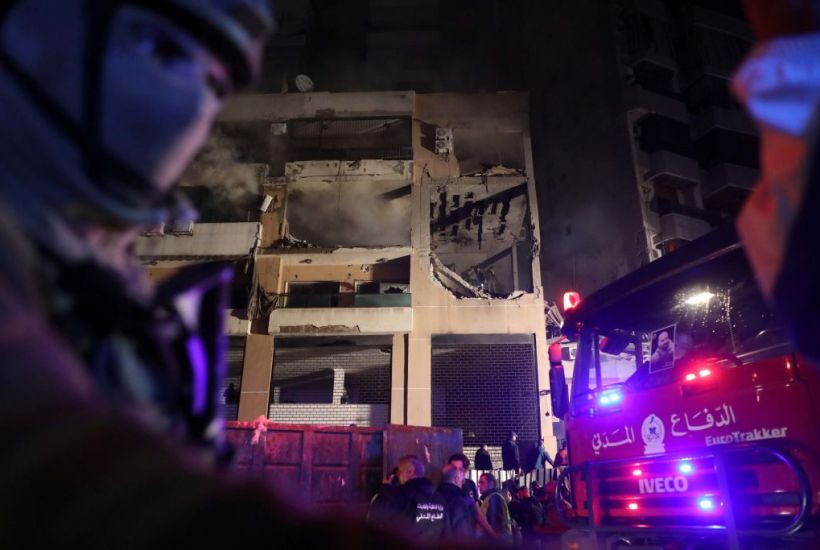Israel today killed top Hamas leader Saleh al-Arouri, in the most significant assassination since the war against Hamas started almost three months ago. His killing in Lebanon is not only an operational success, but will boost Israeli morale.
The fight against Hamas since 7 October has been fierce and difficult. Despite successes in uncovering and destroying many of the group’s tunnels in Gaza and killing thousands of terrorists, the challenges remain significant and the casualty count is high.
Already a subscriber? Log in
Subscribe for just $2 a week
Try a month of The Spectator Australia absolutely free and without commitment. Not only that but – if you choose to continue – you’ll pay just $2 a week for your first year.
- Unlimited access to spectator.com.au and app
- The weekly edition on the Spectator Australia app
- Spectator podcasts and newsletters
- Full access to spectator.co.uk
Or




















Comments
Don't miss out
Join the conversation with other Spectator Australia readers. Subscribe to leave a comment.
SUBSCRIBEAlready a subscriber? Log in